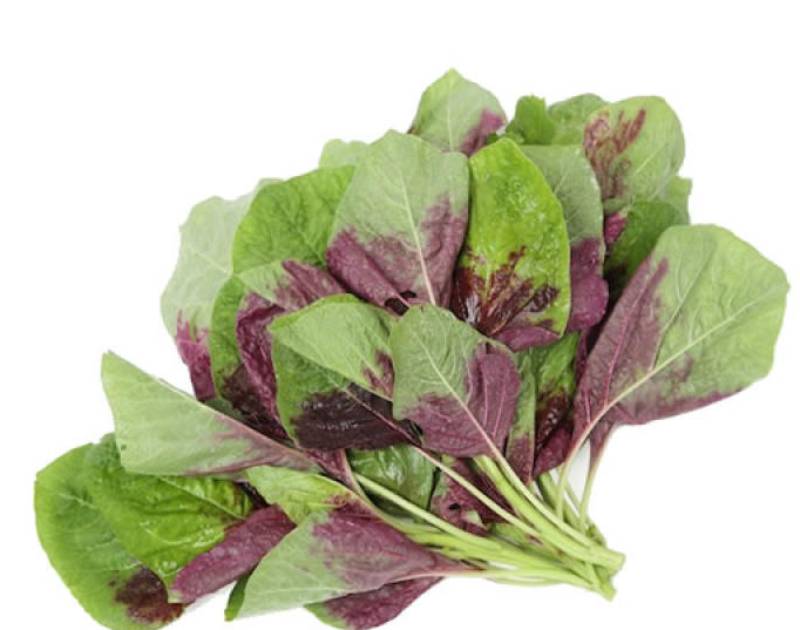
Only six per cent of Kenyans consume African Indigenous Vegetables (AIV) and fruits.
A research by the Kenya Agricultural Livestock and Research Organisation (Kalro) shows that consumption is higher in rural areas compared to urban.
Those in the rural areas consume at least four times a week, while urban dwellers consume either twice or ones a week.
Josephat Chengole Mulindo, a research scientist from Kalro centre in Kakamega, said the increase in number of Kenyans suffering from non-communicable diseases can be attributed to their failure to include local vegetables and fruits in their diet.
“Local vegetables are sources of high quality nutrients. They contain different kinds of minerals and vitamins in higher concentration compared to exotic vegetables. To get rid of non-communicable diseases, every Kenyan is supposed to consume at least 75 kilos of vegetables annually,” said Mr Mulindo. Cancer, diabetes, stroke, cardiovascular and chronic lung diseases and osteoporosis and other non-communicable diseases account for at least 40 per cent of all deaths reported in Kenya annually.
Mulindo was speaking yesterday at Elwasambi village in Mumias East during a field day to promote consumption of AIVs. The field day was organised by Agro-Kenya, a local NGO.
He said sukuma wiki and cabbages do not give the human body the immunity needed to fight diseases. “Don’t eat sukuma wiki and cabbage daily as they sometimes interfere with iron in the body,” he said.
African Nightshade (managu), amaranth (dodo), spider plant (sagaa), Jews mallow (murere), cowpeas leaves (kunde), pumpkin leaves (susa) and pig weed (tsimboka) should be eaten in large quantities, Mulindo said.
Mr Suleiman Kweyu, Agro Kenya founder, said the local vegetables are rich in beta-carotene, folic acid, ascorbic acid, calcium, proteins, magnesium, iron, phosphorous, vitamins, dietary fibre and zinc.
 The Standard Group Plc is a multi-media organization with investments in media
platforms spanning newspaper print
operations, television, radio broadcasting, digital and online services. The
Standard Group is recognized as a
leading multi-media house in Kenya with a key influence in matters of national
and international interest.
The Standard Group Plc is a multi-media organization with investments in media
platforms spanning newspaper print
operations, television, radio broadcasting, digital and online services. The
Standard Group is recognized as a
leading multi-media house in Kenya with a key influence in matters of national
and international interest.











